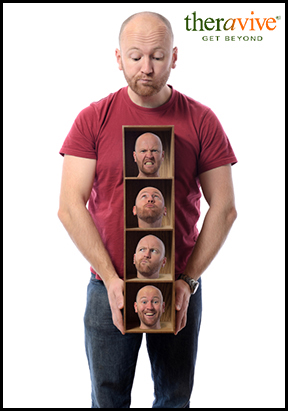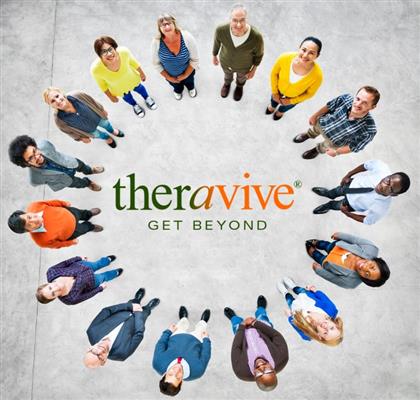December 4, 2014
by Marti Wormuth, MA

There are a lot of issues that are being focused on in the news today, and it's important to take a look at them so that we can better understand them and what they do to the people who are dealing with them. One type of mental illness that has gotten a lot more focus as of late is the category of personality disorders. Personality disorders are a category of disorders that have certain traits, but each of them are different as well.
[More]
There appears to be a connection between dementia, Alzheimer’s Disease, and Vitamin B-12, but not one that suggests a cure for dementia of the Alzheimer’s or another type. If B12 reduces memory loss and deterioration of brain volume, it is a step in the right direction for the eventual effective treatment of the terrible condition known as dementia.
[More]
Vascular dementia is one of eleven general types of dementia. It is second only to Alzheimer’s Disease as a cause of this condition that affects the elderly in America. Scientists at the Krembil Neuroscience Centre (University Health Network, 2014) may have found one major cause of this type of dementia. And that could lead to effective treatment approaches for the condition.
[More]
For the entire time Alzheimer’s Disease has been around since first described, there has been no effective treatment. No medication to attack the multiple elements of the disease, no non-medical treatments to do more than blunt the effects of peripheral symptoms. But maybe that’s about to change.
[More]
Gainful employment and stable housing are necessary for almost everyone to be successful members of society. When access to either of these is limited, life becomes very difficult. People with mental health disorders deserve the same access to employment and housing to enable them to be safe and contribute to their communities and feel worthwhile and valuable. Unfortunately, stigma and discrimination still create inequities for people with mental illness, and as a society it benefits us all to work hard to increase acceptance and decrease stereotyping and misperceptions about people with mental illness.
FB- Know someone with a mental illness? Here are just a few of the misperceptions associated with having a mental illness, some of which may surprise you.
[More]
October 29, 2014
by Marti Wormuth, MA

Sometimes, someone in our family or one of our family friends may have a mental health issue, and there are children in the family who may not understand what is going on. That means that family members may have to take the time to talk to children about the effects of mental illness and how they are to treat the person that they are related to.
FB- Talking to your kids about mental illness might seem just as intimidating as talking to them about the birds and the bees, but it doesn't have to be. Here are some tips for an easier conversation.
[More]
October 12, 2014
by David Porter, MA

What is normal vs. abnormal exists on a continuum that varies from one culture and historical time period to the next. Clinicians will be most effective when they have a broad knowledge base of other cultures, as well as a good operational definition of this term.
[More]
Individuals can overcome their individual challenges and barriers and achieve recovery. They must be able to choose their own path, and decide how and when they will access resources, including treatment services. These personal stories about achieving and living in recovery are powerful reminders of what is possible for those living with mental illness and substance use disorders.
[More]
September 9, 2014
by Marti Wormuth, MA

If you've looked at the news lately, you've likely noticed that there is a lot going on in the world of mental health. It can be hard to understand, especially if it's not something that you're used to seeing, but in recent years it has become obvious that mental health issues are more prevalent in the United States than in any other country on the planet. Why is this the case? What is so different about the United States that it seems to be "that much worse" when it comes to mental health struggles?
[More]
There are many causes for mental illness, including biological, social, and emotional factors. Being a single mother can be incredibly stressful, and stress can contribute to the development of mental illness, or aggravate existing mental health problems. In one study, single mothers were found to have more incidences of moderate to severe mental disability than women who had partners to help with parenting. Financial hardship and lack of social support were two factors thought to contribute to the increased incidence of mental illness Crosier, Butterworth, & Rodgers, 2007).
[More]